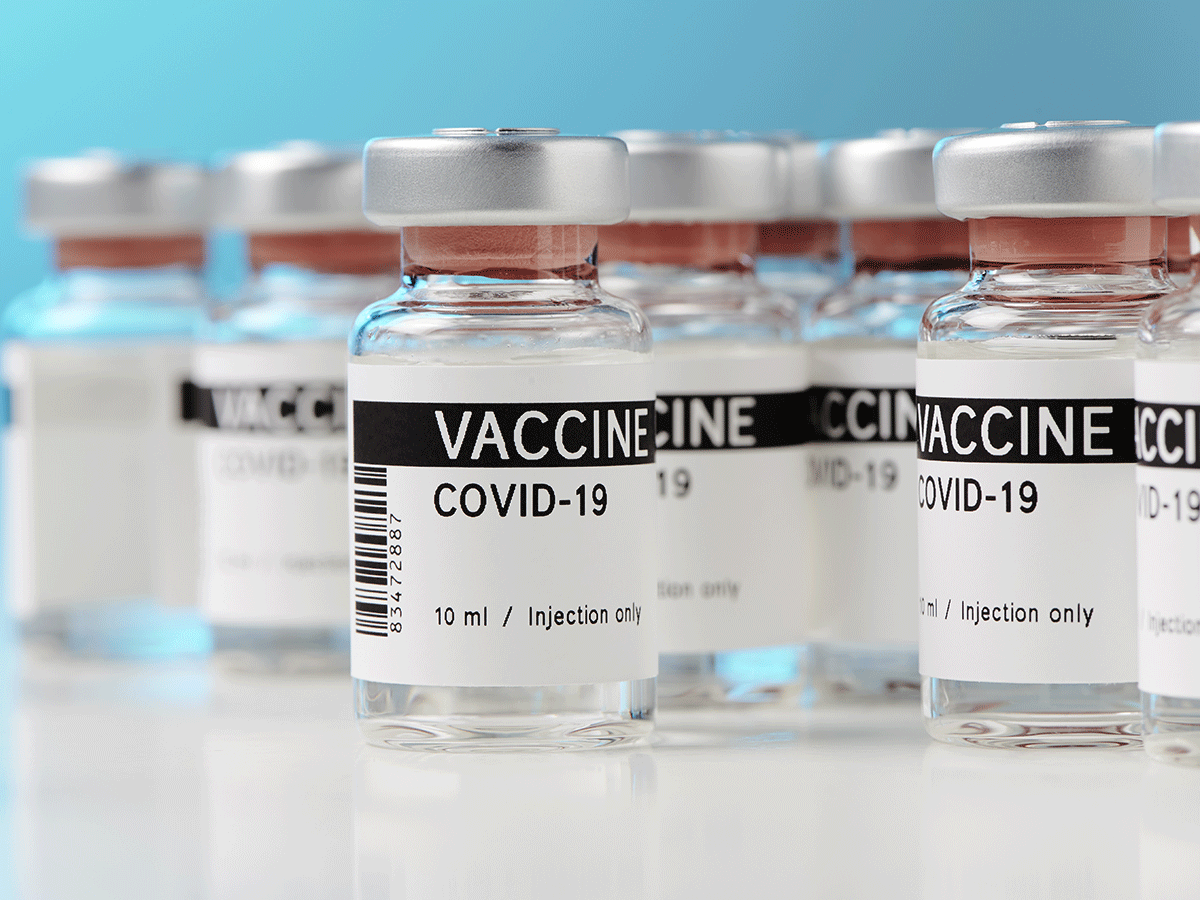It is a well-established fact that regular exercise keeps you fit and healthy. But for the elderly, exercise might be a daunting task and takes a toll on muscles. Keeping this in view, the researchers of Michigan University researched mice and dragonflies. Earlier, researchers found that a protein called Sestrin accumulates in the muscles after intense physical activity. So, in the current research, scientists wanted to check whether increasing protein levels could replicate the beneficial effects of exercise.
Research on Drosophila flies
The research is carried out by the University of Michigan in collaboration with Wayne State University in Detroit. Drosophila flies have the natural instinct of climbing up and down the test tube. Taking this into account, the researchers at Wayne State University has designed a treadmill. They, then made two groups of Drosophila flies run on the treadmill for three weeks. They then compared the flying and running ability of normal flies with that of those inbred to lack Sestrin. The flies without Sestrin did not improve their ability to run with exercise.
The research group then overexpressed Sestrin levels in normal flies. These flies are found to have abilities above and beyond trained flies without exercise. Sestrin thereby leads to an increase in the endurance of the Drosophila flies. Besides, the mice without Sestrin were also found to lack improved respiration, improved aerobic capacity, and fat burning typically associated with exercise.
Also Read: Alarming Rise in E-scooter Injuries Calls for Regulatory Measures: Research
Also, in a related study conducted at Spain’s Pompeo Fabra University, the muscle-Sestrin was found to prevent atrophy of immobilised muscle. This happens when a limb is in a cast for a long period of time. The scientists are now exploring the ways in which the Sestrin is produced in the body. They are also looking to develop supplements that contain protein.







